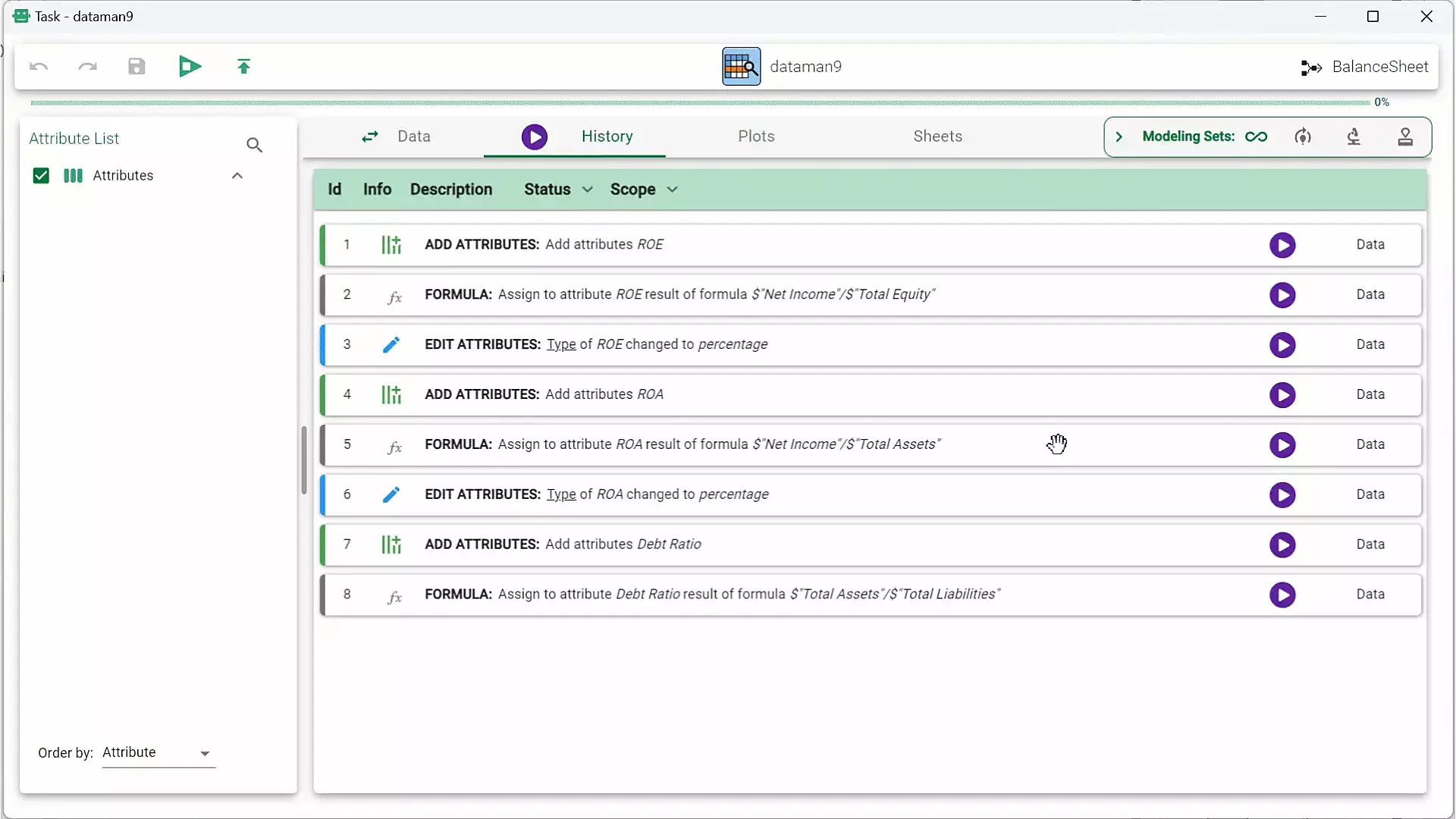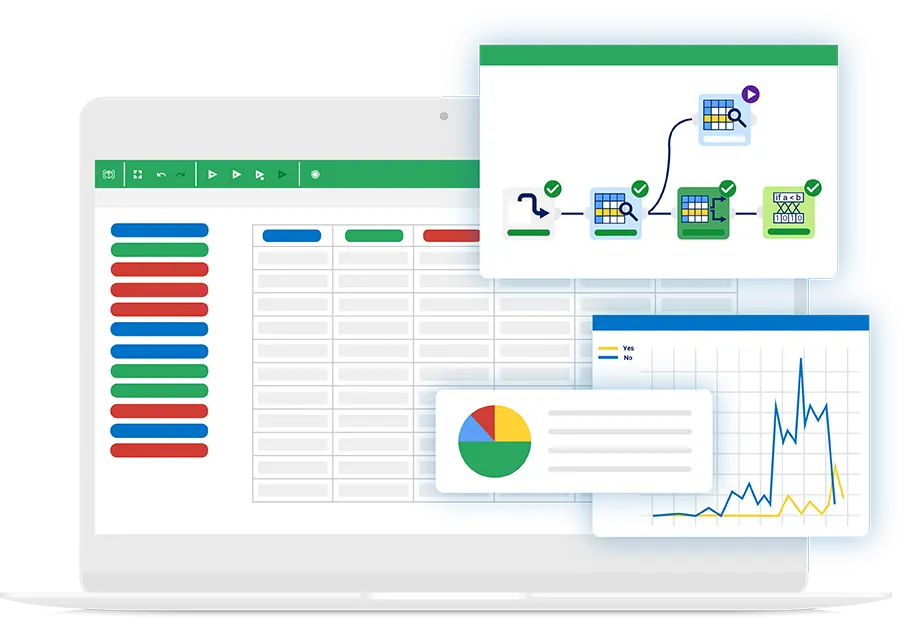Stop that coding headache with self-code tools
The WYSIWYG solution built by programmers to make their lives easier
No-code platforms may be the big discovery for business users, but they frequently result in headaches for developers, who are called in to customize rigid platforms when business needs change. Business users then get totally frustrated with developers, as they “don't get why it's taking so long”, while developers get stressed out inventing and maintaining extremely “creative scripts” to get round the restrictions of an inflexible platform.
Self-code platforms represent the perfect payoff between no-code tools and custom code development, which reduces stress levels for everyone. Self-coding basically encapsulates the flexibility of a coded solution into a simple What You See Is What You Get (WYSIWYG) interface, by automatically generating optimized code as solutions are built, step by step.
Why developers should care about self-coding
Let's have a look at each stage in the programming process:
-
Writing
Instead of writing code from scratch, self-coding writes the associated language statements for every step in your logical flow. -
Testing
You do not have to wait until the logic is written before testing its results. Self-code WYSIWYG platforms provide full visibility of the underlying data and how they change at each intermediate step, drastically simplifying debugging operations. -
Profiling/auditing
Underlying code means solutions can be shared through a CI/CD versioning system. -
Maintaining
The flexibility of a programmed solution implies a certain level of complexity, and many different logical approaches can be adopted to reach similar results. Auto-generated code is standardized, which means the final solution can be easily understood and maintained by developers who did not work on the original project. -
Optimizing
Auto-generated code is inherently optimized, resulting in maximum performance levels.
Solutions are efficient, maintainable, shareable.
Rulex Platform - a leading self-code tool
Rulex Platform is an end-to-end smart data management tool, where you can build, monitor, integrate, run, and maintain enterprise-level solutions based on business data through logical flows. It is also one of the leading tools in self-coding. For every drag-and-drop operation performed in the WYSIWYG interface, the corresponding code is automatically generated in Rulex's proprietary language, GOLD. This easily readable language has been optimized for data wrangling/'/ML operations on big data. GOLD also has the exceptional feature of reversibility, meaning that graphical flows can be built from the code itself.
The underlying git-based version control system means flows can be added/cloned/pulled/pushed/reverted with simple operations in the GUI, using the repo system available in remote. This empowers team collaboration and permits users to tag stable versions, which are ready for deployment in the production environment. Stable versions can then be imported directly from the repository onto the production server and executed there without any modification of the logic itself, since all configuration is inherited by the previously configured environment. Each version can also be accompanied by autogenerated documentation.

Can I see my code, please?
In the days when AI was “the new big thing”, Rulex was an early market leader in explainable AI. While times have moved on, the company policy of transparency and clarity has not, so Rulex has ensured that the GOLD code for each action can be easily accessed with a click from its central data prep task, Data Manager.
Along with the code base, the Data Manager task (which you can see in the image) also displays every operation performed in plain English in an interactive view, where you can delete and roll-back operations, or even change their order by dragging and dropping each entry.
This self-coding approach was built by Rulex programming enthusiasts, so they have personally ensured it will not restrict your personal coding creativity.
The platform is still able to run external code written in Python (using Conda) or R through dedicated bridge tasks, so you can write or execute your own code in a Jupyter-like interface, receiving data and configurations directly from Rulex Platform, and feeding back final analysed data into the platform again for post-processing operations.
Edited by Marco Muselli



0 Comments
Recommended Comments
There are no comments to display.